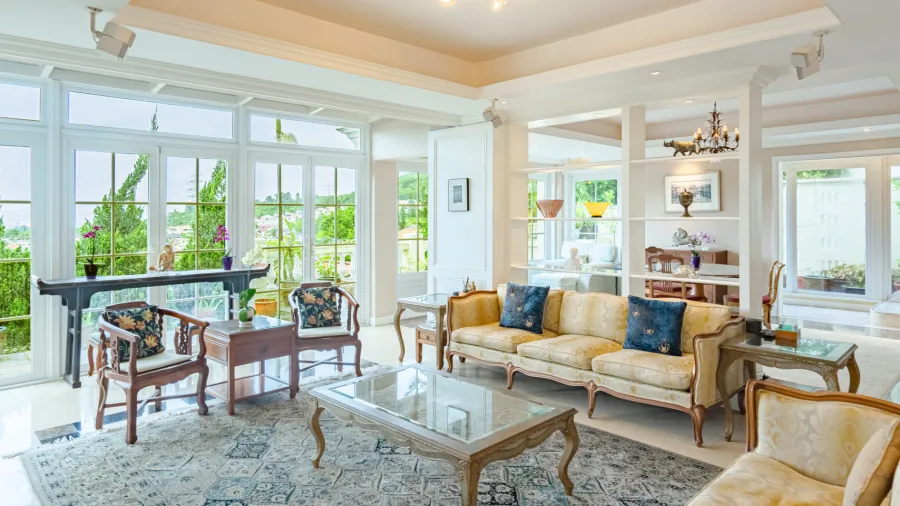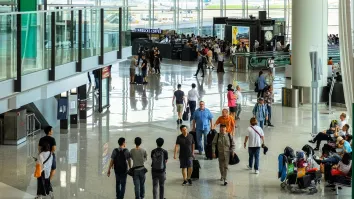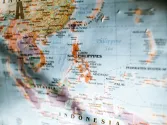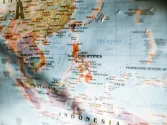
Why will Mainland's border reopening be crucial for the luxury market in 2023
Higher sales and demand are on the line, says a property expert.
Buyers from the Mainland have been dubbed as the “major purchasing power” supporting Hong Kong’s luxury market, which is why a possible reopening of borders between the two locations bears good news for the property segment.
Jordan Miller, Managing Director of real estate agency OKAY.com, told Hong Kong Business that a free flow of travel or movement between Hong Kong and China will “create a strong catalyst for buyer interest from China to resume to pre-COVID levels, which in turn may result in higher sales interest, demand, sales volume, and price appreciation.”
In the second quarter (Q2), luxury apartment rents on Hong Kong Island, Kowloon, and the New Territories rose by 1.0%, 2.5%, and 0.5%, respectively. According to Savills, the increase in Q2 was mainly driven by professionals and wealthier families from the Mainland who were allowed to travel to Hong Kong without compulsory quarantine due to travel schemes such as Come2hk and Return2hk.
Miller added that demand from the Mainland, alongside a finite supply, helped the market to be at a “fundamentally sound” state thus far in 2022. Luxury rental and sales prices were down 3% and 4% respectively YTD through August 2022, modest relative to declines in other regional and global asset classes.
“If COVID guidelines ease further in both Hong Kong and China by year-end, we anticipate an uptick in business sentiment, economic activity and, by extension, buyer interest in luxury homes,” Miller said.
In addition to border reopening, Miller said any lowering of the stamp duty that foreigners must pay on Hong Kong properties can be of greater support to the luxury market. Currently, the stamp duty is at 30%.
Beyond border reopening
Miller, however, underscored that the luxury market was also hit hard by global headwinds in 2022.
“A rising interest rate environment, inflation, and economic slowdowns led to significantly fewer sales transactions in Hong Kong’s luxury residential market,” said Miller.
“The city-wide COVID outbreak in March, the Hang Seng Index down 28% year-to-date, and uncertainty on whether macroeconomic risks are transitory or structurally persistent in a rapidly rising interest rate environment kept buyer interest at bay,” he added.
Data from Savills showed that in the first quarter, luxury volume dropped to 91, its lowest since the outbreak of COVID-19 in the third quarter of 2019.
Whilst these remain a concern, Miller reiterated that improvements in Hong Kong’s quarantine measures, which allow far more seamless entry into Hong Kong, is a constructive step towards reopening Hong Kong’s borders and capital flows.
“The recent lowering of hotel quarantine guidelines to ‘zero +3 days’ is a strong market signal that the government is moving towards an accommodative stance to reopening Hong Kong to international business, which will be a net positive for the overall Hong Kong business community,” he said.
“A rebound in business sentiment and activity will be supportive of luxury sales. Bigger picture, we see mainland China investors increasingly active in the Hong Kong property market as Hong Kong’s economy becomes more interconnected to China through the Greater Bay Area initiative” he added.
2023 expectations
Apart from higher sales volume, Miller said he also expects price trends in the luxury market to range between flat to modestly up in 2023.
“The base case for prices to hold steady is predicated on limited supply and macroeconomic forces that are supportive to this asset class in the medium-to-long term. Prices holding steady year-to-date against the backdrop of so many local and global uncertainties serve as an indicator of this price support,” he said.
Meanwhile, across sub-markets in the luxury sector, Miller said the Peak and Mid-Levels Central could gather interest from buyers.
“In these districts, discerning buyers can gain exposure to the most sought after / convenient locations within Hong Kong Island, in addition to owning larger-sized properties that are rare commodities in Hong Kong,” he said.



















 Advertise
Advertise







